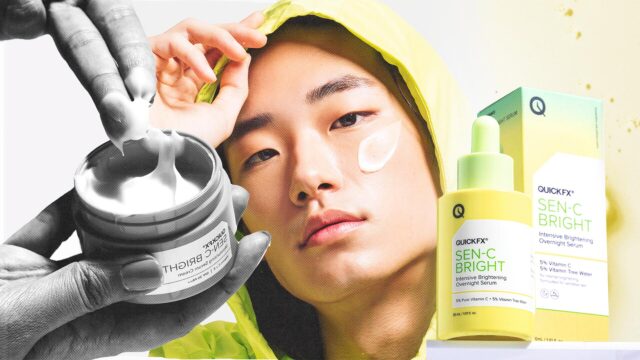The body positivity movement still has a long way to go.
(Trigger warning: This story mentions eating disorders.)
“Kumakain ka pa ba?” or “Sana ganyan din ako ka-payat,” we’ve all heard of it by now. On the surface level, you’d think it’s funny or harmless, right? But back-handed compliments like these prove to be dangerous. Skinny-shaming is just not it and needs to be talked about more.
When we talk about body-shaming, majority would picture thick girls being made fun of. It’s the stereotyped portrayal of media that heavily impacts this thinking, which is often realized in the whole genre dedicated to the lead in a fat suit losing weight and achieving her “true potential.” Far from ideal, it is this perpetuation that has led to some developing eating disorders or subscribing to unhealthy diets to fit the mold so to speak. But on the other side of the spectrum, lean girls, or “payatot” as some Filipinos would call it, also experience this bullying on the daily. Sure, Instagram calls them “body goals” or is deemed socially acceptable to fit in, yet the body positivity movement still has a long way to go whether we like to admit it or not.
No one is immune to this invasion of the body. Everyone is a target, especially those who brave enough to bare their true selves online and otherwise. Take actress and P-Pop singer Maris Racal for example, who is subject to body-shaming by being called payatot both in hushed tones and the brutal comments section. Sure, this is all part of the territory, but this time, however, she’s just had enough.
In a recent interview, Maris responded to being called “payatot” and “sobrang tuyot.” She recalls feeling insecure about her body, especially in the past where they would cast her in goody two shoes roles thinking that it’s because of her petite frame. “May mga comments din na, ‘Ano ba ito si Maris, masyadong payatot,’ parang, ‘hindi nakakaganda, hindi nakaka-fresh,'” shares Maris. The girl’s been through it, dealing with the toxicity for years of growing up in the public eye.
We don’t know what’s unhealthier, grown men and women making unnecessary comments about your body, or young people unknowingly developing body dysmorphia because of the unrealistic beauty standards that are strongly so imposed by society and social media. According to her, all that matters is she’s happy. “Get a life! Alam mo…Parang, ‘hindi mo naman ito katawan eh, alam mo yun? Ngayon, 2022 na, hindi na welcome ‘yung mga body-shaming, as in,” Maris Racal claps back. “Kung mag-comment ka ng ganyan, ikaw na ‘yung nakakaawa, hindi na ‘yung bina-bash mo.” Did she lie, though?
Everyone has their own set of goals. Maybe this time, minding their own business should be on top of the list. Now that she feels braver and more unapologetic about herself, Maris Racal knows the bigger goal is to be the best version of yourself and nobody else. Facts only.
CONTINUE READING: In Her New Era of Music, Maris Racal Opens Up on Asa Naman and the Power of Bisaya Lyrics





